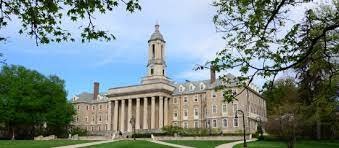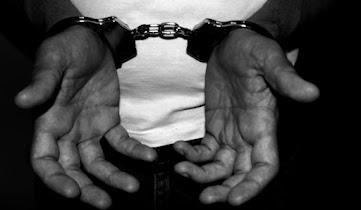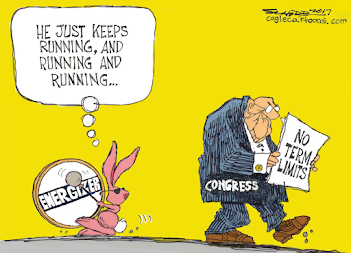Trust and Social Capital in the Academic Sphere
By Rafael Lara Matos
The Pennsylvania State University administration failed its students by allowing the "Stand Back and Stand By" event to happen. IN acquiescing to the founder of the Proud Boys, the administration attempted to build social capital with its students by inviting speakers who actively campaign on destroying trust. This is only the latest failure from administration that has alienated the student body from itself and ultimately created a crisis.
Community building is one of the goals of inviting speakers, and in creating community it allows the University to better represent students and their interests like governments do. And as "citizens' distrust not of government, but of each other leads to democratic disintegration" (Allen xvi), the same can be expected to happen to the University administration. Speakers such as the Proud Boys rely on division, something the University cannot and should not promote. If it continues to even simply ignore the build up of distrust, the administration will only create more problems for itself when ultimately the student body no longer interacts.
The way forward now has to be rebuilding trust and to better the image of the administration. "We are especially likely to follow those who are in positions of authority, who have special expertise, who seem most like us, or whom we otherwise trust" (Sunstein 9), and those who are in a better position of expertise in the University than those who run it.
This is not to say that all will be perfect if administration works to improve its image, as "differences are understood as inherent to the human condition and as irremediable, so the goal is not to reconcile differences so much as to manage or buffer it" (Stuckey & O'Rourke 715). Only then will trust and ultimately social capital be built up again. In achieving an increase of these two elements in the student body there may yet lay a solution to other problems within the University, such as uncompetitive student government elections and the general lack of participation with clubs on campus since the return from the Covid lockdown.




Comments
Post a Comment